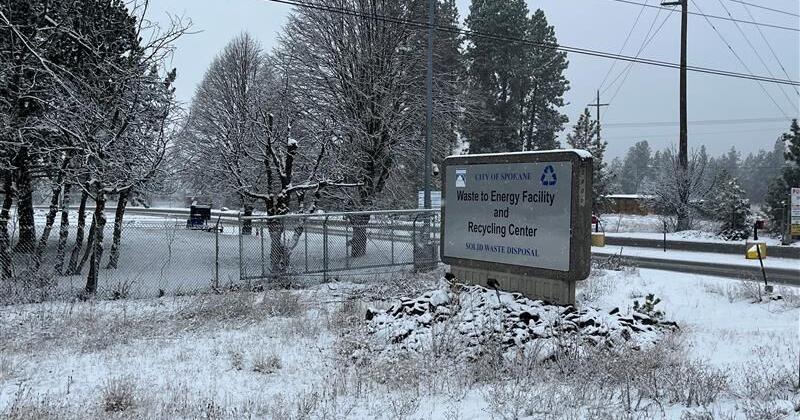
Spokane
Coeur dAlene
Live Newscast covering important local topics and events
Resize:
Reporter/Producer
SPOKANE, WA – A new Washington law is trying to reduce the amount of organic waste that gets thrown out with the garbage.
Starting in 2027, yard waste will need to be separated from other solid waste before it is taken away from your house.
In 2030, this law will expand to include food waste.
State legislature passed these organics management laws, HB 1799 and HB 2301, in 2022 and 2024.
According to the Washington Department of Ecology, the new law aims to reduce the emissions of methane created when organic materials, like food and yard waste, decompose in a landfill.
The City of Spokane has offered green yard waste bins to residents for several years now. In 2027, people will no longer need to opt in.
“We’ve known we needed to go in this direction for a while, but there’s a lot of things to prep us to do that,” said Kirstin Davis from the City of Spokane. “It hopefully just raises awareness for people to be more mindful of how they are diverting their waste.”
Yard waste collected by the city is taken to the Barr-Tech Composting facility, while the garbage is incinerated at the Waste to Energy facility.
“There’s no good way to get rid of trash and waste. Landfills have their downsides. Incinerators have their downsides as well. At the end of the day, there are going to be chemicals that are released,” Davis said. “We just need to be generating less waste in general.”
Enough people in Spokane take advantage of the green yard waste carts that the city is shifting to a year-round collection schedule starting on Jan. 1, 2025.
Organic waste will be picked up once a month in January, February and December.
This will increase the service cost by 35 cents, but utilizing the city’s composting service could lower the amount you’re paying for solid waste.
“There’s ways to make that pretty much either less expensive or about the same amount because about 30% of our garbage has been food waste,” Davis said. “So, there’s really a substantial difference we can make here.”
COPYRIGHT 2024 BY KXLY. ALL RIGHTS RESERVED. THIS MATERIAL MAY NOT BE PUBLISHED, BROADCAST, REWRITTEN OR REDISTRIBUTED.
Reporter/Producer
{{description}}
Email notifications are only sent once a day, and only if there are new matching items.
Your browser is out of date and potentially vulnerable to security risks.
We recommend switching to one of the following browsers:
